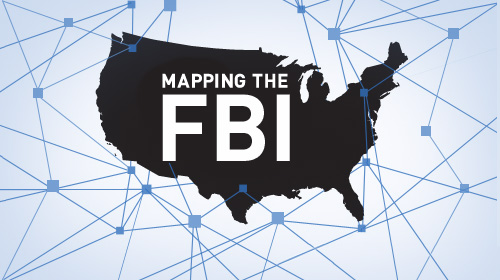In Court Today: Continuing to Challenge FBI Secrecy on Racial and Ethnic Profiling


The ACLU and the ACLU of New Jersey are in federal appeals court today in a second challenge to FBI claims of secrecy concerning its troubling nationwide racial and ethnic mapping program. The argument comes in a lawsuit filed in 2011, after the FBI refused to adequately respond to our Freedom of Information Act request for records about which American communities it’s spying on in New Jersey. We recently argued in federal appeals court in a parallel lawsuit for FBI records about the same surveillance program in Michigan.
Once again, we are pushing back against FBI claims of secrecy over a program we exposed as being used to spy on entire racial and ethnic groups based on nothing more than crude stereotypes. Still, in New Jersey (as in Michigan), the FBI seeks to hide its use of U.S. census data and other public source information that would tell us which communities it is profiling and how many are impacted. And it is again asking a court to approve a one-sided, secret judicial process to decide whether the FBI can keep information secret under FOIA. These positions undercut the FOIA, which Congress passed to promote government transparency and accountability, and the public right of access that is central to our judicial system and democracy.
Our argument comes against a backdrop of recent disclosures about the New York Police Department’s program of mapping and suspicionless surveillance of Muslim New Yorkers—one that we’re challenging as discriminatory in a separate lawsuit. The public knows what it does about the NYPD’s secret surveillance program in part because of police documents leaked to the Associated Press, which show that the NYPD extensively mapped New York Muslims, their religious institutions, restaurants and gathering places—and even the places where they play cricket. The NYPD’s defense of its mapping activities has included an argument that the police department is only doing what the FBI’s regulations allow the FBI to do.
That’s in part why we’re in court today: The public needs to know more about how the FBI is targeting American racial and ethnic communities. We hope that the Third Circuit will enforce the Freedom of Information Act to help the public get the information it needs.
Learn more about FBI surveillance and other civil liberties issues: Sign up for breaking news alerts, follow us on Twitter, and like us on Facebook.


